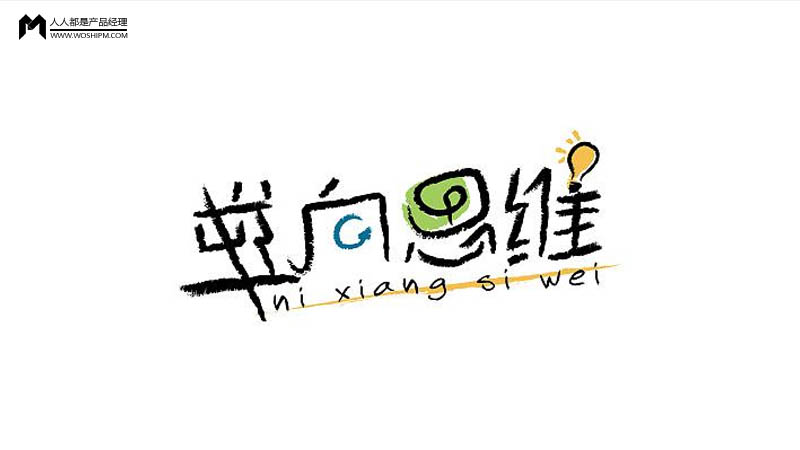1. Baidu Cloud responds to plagiarism of Children's Day illustrations: It will be dealt with seriously and apologize
On August 3, in response to the feedback from Weibo user @ Li BinLee that plagiarized his works by Baidu Cloud's June 1st illustration, Baidu Cloud's official Weibo account responded. After investigation and verification, Baidu designers did have creative plagiarism when designing the picture, and said that they would deal with the matter seriously, and expressed their deep apology to Mr. @ Li BinLee and hoped to apologize in person and obtain understanding.
2. After selling No. 1 store, Walmart wants to buy Jet, its domestic e-commerce website.
According to foreign media reports, Walmart intends to acquire e-commerce website Jet.com and is in talks with the latter. Details of the deal have not been released yet, but the acquisition price may "up to $3 billion," people said. Jet.com declined to comment on the news. For Walmart, the acquisition of Jet is consistent with its overall strategy and goal of strengthening its position in the e-commerce industry.
3. Finally got a name? Officials recognize the status of QR code payment for the first time
According to August 4, the central bank's attitude towards QR code payment has been changing since the suspension of QR code payment in March 2014. The reporter confirmed from the China Payment and Clearing Association yesterday that the China Payment and Clearing Association under the supervision of the People's Bank of China has recently issued the "QR Code Payment Business Standards" (draft for soliciting opinions) to member units, but it is still soliciting opinions and has not been officially implemented.
4. The celebrity e-commerce model has attracted attention, and the Huajuan App has been invested by Didi angel investor Wang Gang
On August 3, today's short video celebrity e-commerce Huajuan announced that it has received 9 million yuan in angel investment from Didi Taxi Angel Investor Wang Gang, host Li Jing, and French Intime Group Ventech China. The amount of financing has not been announced yet. According to Han Hui, after this round of financing, Huajuan will continue to focus on the two fields of "resincere" and "supply chain".
5. The transaction volume of used cars increased by only 3.6% in half a year, and the "money burning model" of e-commerce ended
According to August 4, recently, the China Automobile Dealers Association released the latest transaction data for the used car market. In the first half of this year, the national used car transaction volume was 4.774 million, an increase of 3.6% year-on-year, even lower than the growth rate of sales in the new car market. The industry's previously predicted window of the second-hand car market explosion in 2016 did not arrive as expected. Under this circumstance, the capital market's investment in second-hand car e-commerce has also begun to decline significantly, and the previous willful "money burning model" has gradually ended. In the view of industry insiders, the used car industry is entering a "regulation period".
6. China Unicom issued a profit warning, net profit will plummet by 80% in the first half of the year
According to August 4, China Unicom (Weibo) recently issued a profit warning, and expected that net profit in the first half of 2016 will drop by about 80% year-on-year. China Unicom pointed out in the announcement that the decline in profits was mainly due to a significant increase in sales expenses compared with the same period last year, as well as an increase in tower usage fees and increased cost investments such as energy and property rentals, resulting in a significant increase in network, operation and support costs. The announcement also mentioned that China Unicom did not include the sale of towers in the second half of last year, and actually lost 3.36 billion yuan. The performance in the first half of this year has improved significantly compared with the second half of last year.
7. Lenovo Mobile beat Huawei and ZTE in Russia, with a market share of 8%.
On August 3, according to Russian media reports, Russian mobile communications retailer Svyaznoy released a message saying that Russian consumers are increasingly favoring Chinese-branded smartphones. This year, Chinese smartphones account for more than 30% of the Russian market for the first time. Among them, Lenovo has become the most popular Chinese mobile phone brand with a market share of about 8%.
8. Are world-renowned chocolates coming to China for e-commerce? A factory has been set up in Suzhou
August 4th news, recently, Mondelēz International, a global food giant formerly known as Kraft Food, announced that its chocolate brand Milka will be launched in the Chinese market in September this year, and hopes to quickly enter the Chinese e-commerce market through its partner Alibaba.
9. Yiche.com received a US$550 million strategic investment from Tencent, Baidu and JD.com
According to August 4, recently, Yiche.com, Tencent, Baidu and JD.com jointly announced that all parties have signed the final investment agreement. Under the agreement, Tencent, Baidu and JD.com will invest a total of US$550 million in Yixin Capital, a subsidiary of Yiche.com, a focus on auto financing. After the transaction is completed, Yiche.com will hold approximately 47% of Yixin Capital and continue to own a majority voting right of the board of directors. In the future, Yiche.com will continue to consolidate the financial status of Yixin Capital.
10. Experts question Didi's acquisition of Uber China: Loss monopolists are also monopolists
On August 4, in the face of monopoly doubts, Didi responded to the Ministry of Commerce that neither Didi nor Uber China achieved profitability, and Uber China's turnover in the previous fiscal year did not meet the relevant regulations, so it does not meet the declaration conditions for operator concentration. "The monopolists who lose money are also monopolists," Deng Feng, professor of Peking University Law School and co-director of the Peking University Law Economics Research Center, responded in an exclusive interview with Finance.



![#Laogao E-commerce Newsletter# [E-commerce Morning News on September 15]](/update/1663207768l695839387.jpg)


 EN
EN CN
CN
